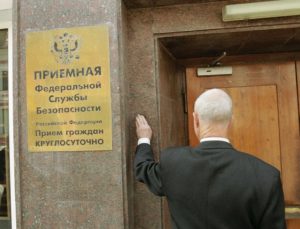A very expensive poison, a book review

The FSB is the successor agency to the much feared Russian KGB. Litvinenko had served as an agent within the organization, and even briefly met with Putin itself. Disillusioned with the FSB’s criminality he defected to the West with the aid of a Russian oligarch, and began to work for the British intelligence service, M-16.
The Russian state had many secrets to keep. I’ve made an academic study of conspiracy theories related to everything from the 2009 H1N1 “Swine flu” pandemic, to (with my colleague Leopoldo Rodriguez) the death of Argentine prosecutor Nisman. This man died hours before he had been scheduled to testify before Congress regarding the 1994 AMIA bombing. Conspiracy theories are interesting, because sometimes conspiracies do happen. Whether a narrative represents an accurate depiction of facts, or is part of an irrational worldview characterized by paranoia, is always a judgement call. In the case of Russia, there are numerous examples of conspiracy narratives of uncertain validity. For example, Harding discusses (50-51) the apartment bombings that provided the justification for the Russian invasion of Chechnya. Litvinenko argued in a book, Blowing Up Russia, that the Russian FSB itself had undertaken this attack as a false flag event. To the best of my knowledge no important new information to support this argument has emerged since the book’s publication, and the truth of this assertion is unclear. Given the seriousness of this allegation, however, it’s unsurprising that Litvinenko would fear Russia’s security services. Still, what drew him to Russian attention, Harding suggests, was not his work with M-16, but rather Spanish intelligence services. The Spanish state was investigating Russian organized crime’s activities (money laundering, bank fraud, real estate purchases, etc) in their own country. The Spanish authorities found evidence of close collaboration between Russian criminals and government authorities in their home country. …
